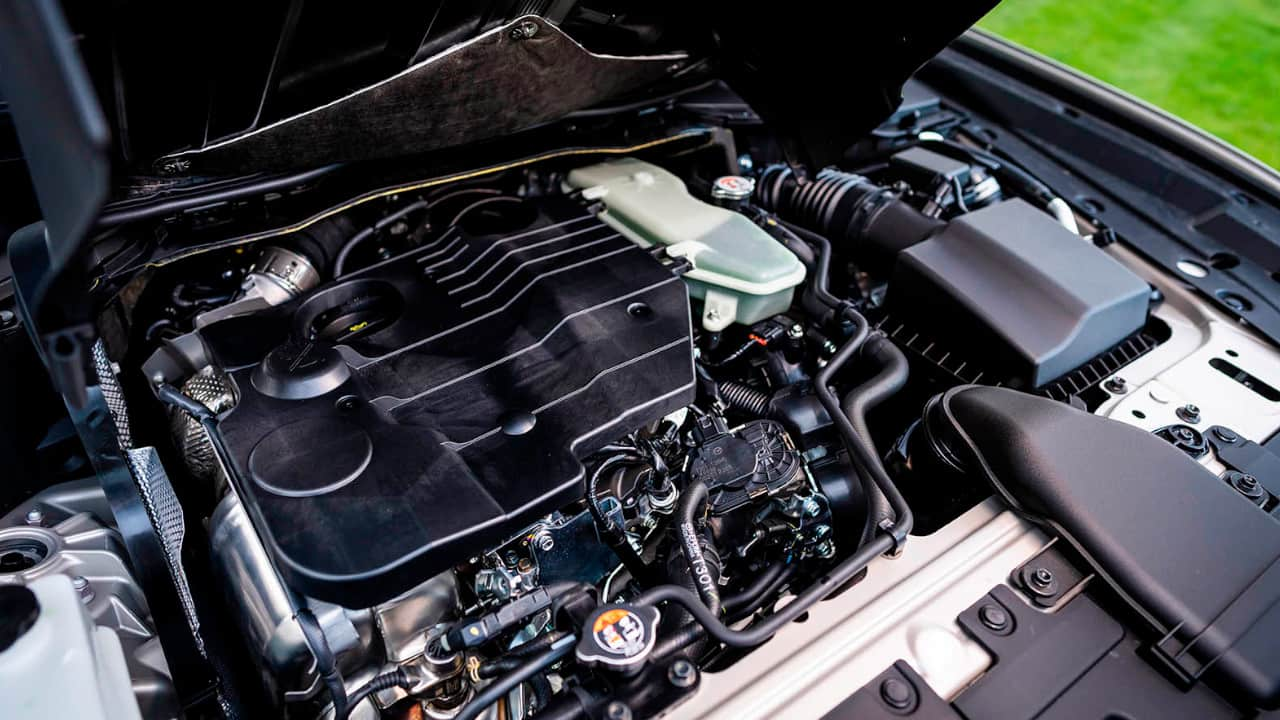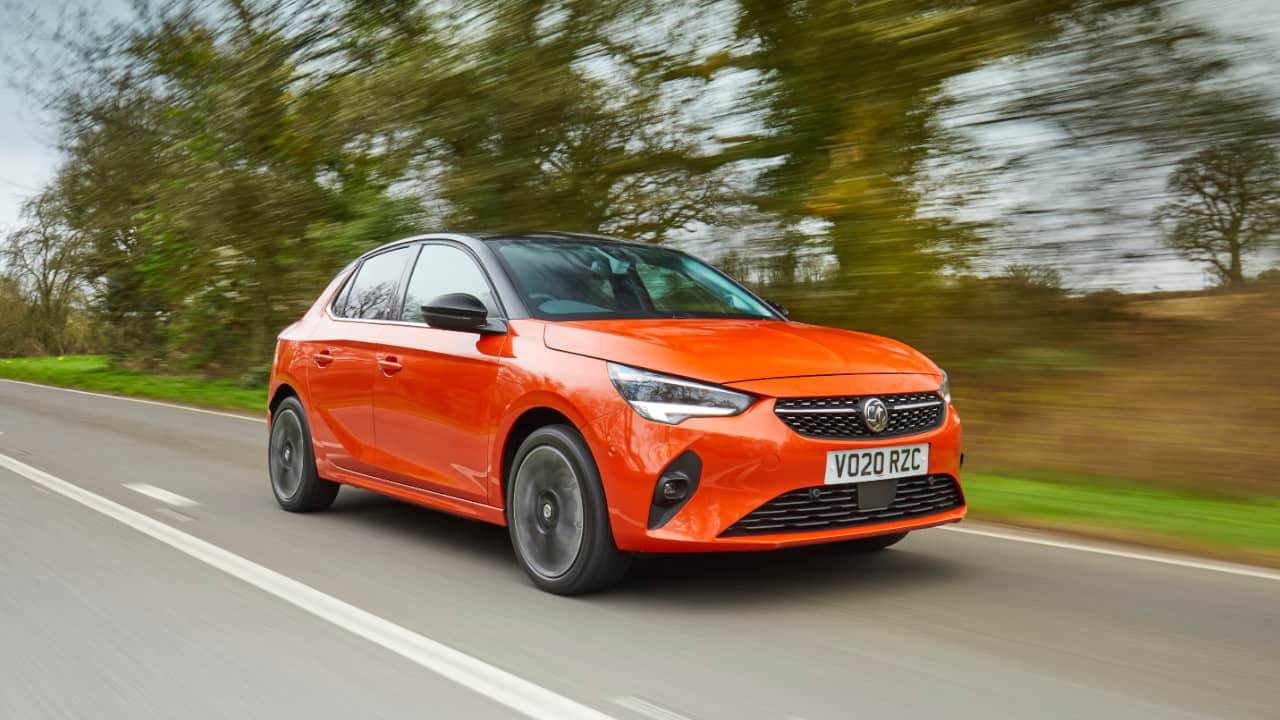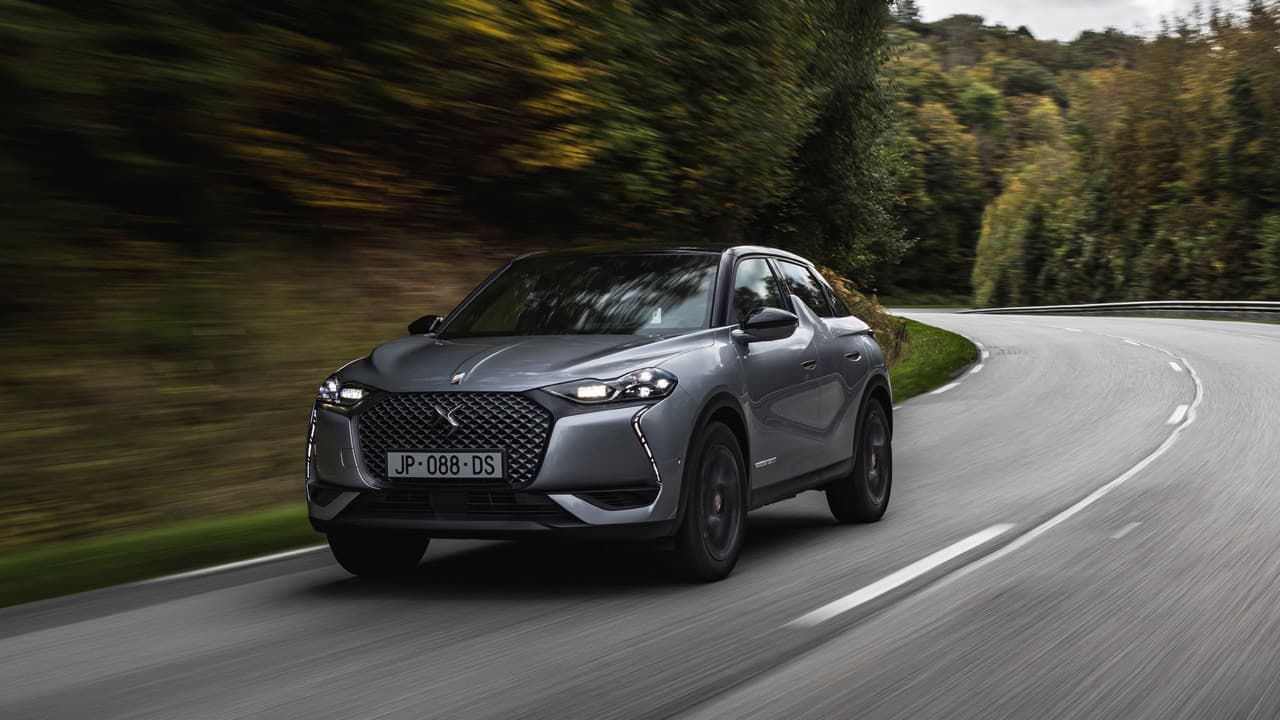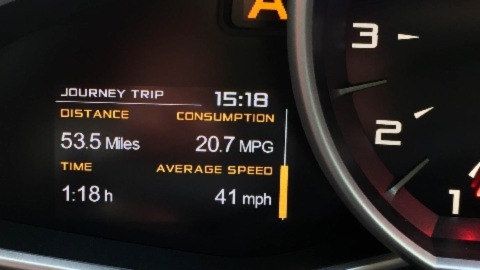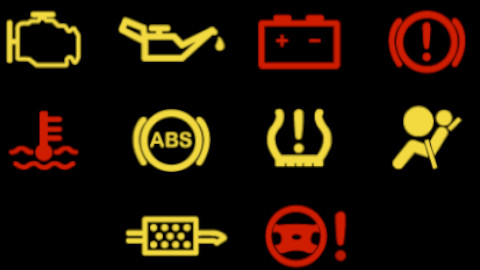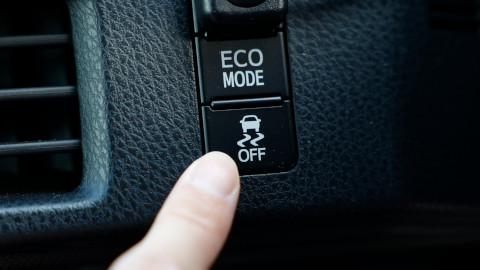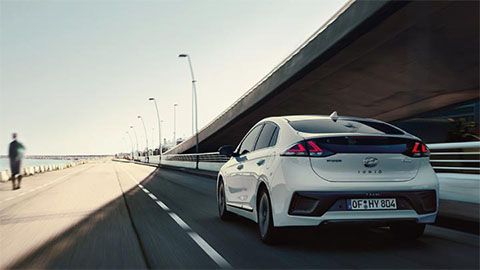Engine Power and Performance
Horsepower is just one of the many crucial aspects that determines how well a car will perform. But what exactly is horsepower, and how does it impact a car's capabilities?
To those who aren't car enthusiasts, it can get a bit complicated having so many different terms and phrases relating to cars and vans, from horsepower and brake horsepower to torque.
To help you understand these complex terms, we've put together this handy guide to give you all the information you'll need about horsepower and exactly why it's important.
What is Horsepower?
Horsepower (hp) is a unit of power that's used to measure the rate at which work is done or energy is transferred in mechanical and electrical systems. In simpler terms, horsepower is used to measure the power of an engine.
It was introduced by James Watt in the 18th century to compare the power of steam engines to horses, and nowadays, we use it to show how powerful a car's engine is. The higher the figure, the more power the engine has.
The difference between horsepower and brake horsepower
Whilst horsepower is good for showing the total power an engine can produce, it doesn't account for any frictional losses or inefficiencies in the transmission of power to the wheels.
Brake horsepower (bhp) on the other hand, takes into account these frictional losses and will therefore always be a slightly lower figure than horsepower.
The key difference between the two is how they're actually measured in the car.
Horsepower measures the power that's generated directly by the engine, whereas brake horsepower measures how much of that power is actually sent to the wheels to make the car accelerate.
1hp is equivalent to roughly 0.99bhp, so the difference between the two is fairly small, but when this is scaled up you'll notice the slight variation in the figures. For example, 300hp will equal about 296bhp.
How is horsepower measured?
One of the biggest myths with horsepower is that one horsepower is equivalent to one horse. While this is true to an extent, it's not really in the way most people may think.
The measurement was made up by James Watt, who defined one horsepower as the energy expended by one horse raising 33,000 pounds of water one foot in the air from the bottom of a 1,000ft well in one minute.
This is quite hard to imagine and would be difficult to measure the power of modern cars in this way, which is why a dynamometer is used.
A dynamometer simulates real-world driving conditions while measuring the power delivered to the wheels. The device calculates the brake horsepower by considering the losses due to friction and inefficiencies in the engine and drivetrain.
The resulting figure provides an accurate representation of your car's usable power. For car enthusiasts that want precise power figures, these tests can be done in various garages for a fee.
What brake horsepower is my car?
There are a few ways to find out the brake horsepower of your car. You can use manufacturer specifications in your car's owner's manual or on the manufacturer's website. The details are usually provided for each model and trim level, as there can be different power levels across trims.
You can also use various online databases and automotive websites that provide detailed specifications for different car models. Some of these have options for you to look up your specific Vehicle Identification Number (VIN) to find more detailed information about the car, including the horsepower.
While these methods can give you a rough estimate of your car's horsepower, keep in mind that the most accurate way to determine the brake horsepower is through a dynamometer test conducted by a professional performance shop or facility.
How does horsepower impact a car's performance?
Horsepower plays a pivotal role in determining a car's performance, as it directly influences the vehicle's speed, acceleration times, and overall power.
Higher horsepower typically means you'll get a faster acceleration and higher top speeds. A car with more horsepower can easily handle steep inclines and more challenging driving conditions, making it more suitable for enthusiastic driving and overtaking manoeuvres.
Additionally, increased horsepower can enhance a car's towing capacity, making it capable of hauling heavier loads.
However, it's crucial to find the balance that suits you between horsepower and other performance aspects such as weight, aerodynamics, and handling characteristics, to ensure optimal driving dynamics and fuel efficiency.
Frequently Asked Questions
A 'good' figure for a car's horsepower will completely depend on the size of the vehicle, as well as the model and trim you choose. For some context, a small city car may have around 75 to 100 horsepower whilst average, mid-sized family cars will have anywhere between 100 and 200 horsepower. Performance cars on the other hand may have power ratings above 300hp.
The horsepower your car has will be completely dependent on the model and trim of your vehicle. You can find out exactly how much horsepower your car has either on the manufacturer website or in your car's owner's manual.
Electric cars have horsepower just like with combustion engine cars. The main difference is that the amount of horsepower in an EV will depend on the size and power of the electric motor.
All of these are units of power; they're just used in different countries, and there are slight variations in the figures for each one.
Ps stands for 'pferdestarke' and was created as a metric equivalent to horsepower (hp). Bhp is brake horsepower and refers to the usable power that's created, whilst horsepower (hp) is the total power produced by the engine. A kilowatt (kW) is used when referencing the output speed of electric chargers and motors.
Discover your car's power with Evans Halshaw
Horsepower stands as a crucial measure of mechanical power, influencing the performance of engines and vehicles alike.
Understanding the significance of horsepower empowers us to appreciate the force that propers our vehicles and shapes our driving experiences. From the racetrack to everyday commuting, horsepower is a fundamental element in the world of machinery and technology.
If you're looking for a vehicle with a bit more power than you currently have, you can browse our new and used cars, or contact your nearest Evans Halshaw dealership where they can provide you with all the information you'll need to make your decision.
Related Articles
-
How do Car Trackers Work? An In-Depth Guide
21 Nov 2024
-
What are Self-Driving Cars and How Do They Work?
05 Nov 2024
-
What is the Real Driving Emissions (RDE) Test?
31 Oct 2024
-
What are Cat's Eyes?
03 Oct 2024
-
What is an Advanced Driving Course?
29 Aug 2024


